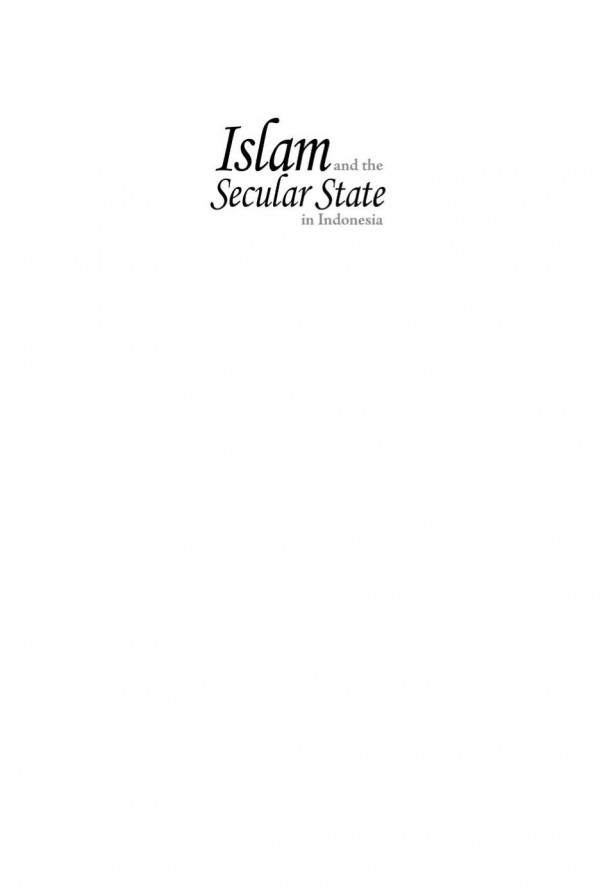

Most ebook files are in PDF format, so you can easily read them using various software such as Foxit Reader or directly on the Google Chrome browser.
Some ebook files are released by publishers in other formats such as .awz, .mobi, .epub, .fb2, etc. You may need to install specific software to read these formats on mobile/PC, such as Calibre.
Please read the tutorial at this link: https://ebookbell.com/faq
We offer FREE conversion to the popular formats you request; however, this may take some time. Therefore, right after payment, please email us, and we will try to provide the service as quickly as possible.
For some exceptional file formats or broken links (if any), please refrain from opening any disputes. Instead, email us first, and we will try to assist within a maximum of 6 hours.
EbookBell Team

5.0
100 reviews"This is an excellent book which will have a major impact on the current debate about the relationship between Islam and politics in Indonesia. Its greatest strength is its innovative characterization of three Indonesian Muslim models of polity, as opposed to the normal two, Islamic state and secular state. Assyaukanie brilliantly delineates a third model, which he calls the Religious Democratic State, in the process greatly clarifying our understanding of the previous models, which he now proposes to label the Islamic Democratic State and the Liberal Democratic State. Another strength of the book is methodological. Each of its arguments is solidly grounded in the thoughts and actions of particular players, Indonesian Muslim thinkers and activists." - Professor William R. Liddle, The Ohio State University, USA "This book is a pioneering work of scholarship from both empirical and theoretical points of view. It is, at least to my knowledge, the first systematic attempt to interpret the political thinking of Indonesian Muslims over this sustained period of time, from the mid-1940s up to the present, and the first to endeavour to develop a theoretical model of that thinking that both categorizes different streams of political thinking in relation to their idealized political goals and provide the means for further analysis. Indeed, the book represents a new direction in analysis. It takes Indonesian Muslim thinking seriously; it is grounded in the understanding and interpretation of what Muslim leaders and thinkers said and thought, rather than what they did or on the social reception or consequences of their thinking. Assyaukanie arranges and analyses that thinking by adopting as his central theoretical plank the notion of the "model of polity", the central (moral) components of how a polity might best be organized and constructed. This is, in itself, a notable advance, taking us beyond the efforts at categorisation and typology-building based on socio-economic categories that have characterized the field since Geertz’s seminal work in the early and mid-1950s. It discusses such matters as the relationship of Islamism to democracy, the role of the state in sustaining religious belief and practice, and the problem of secularism. This is a confident, controversial, and passionately argued piece of work. It sheds new and powerful light on the nature, depth and trajectory of mainstream Islamic thinking in Indonesia." - Professor Robert E. Elson, University of Queesland, Australia